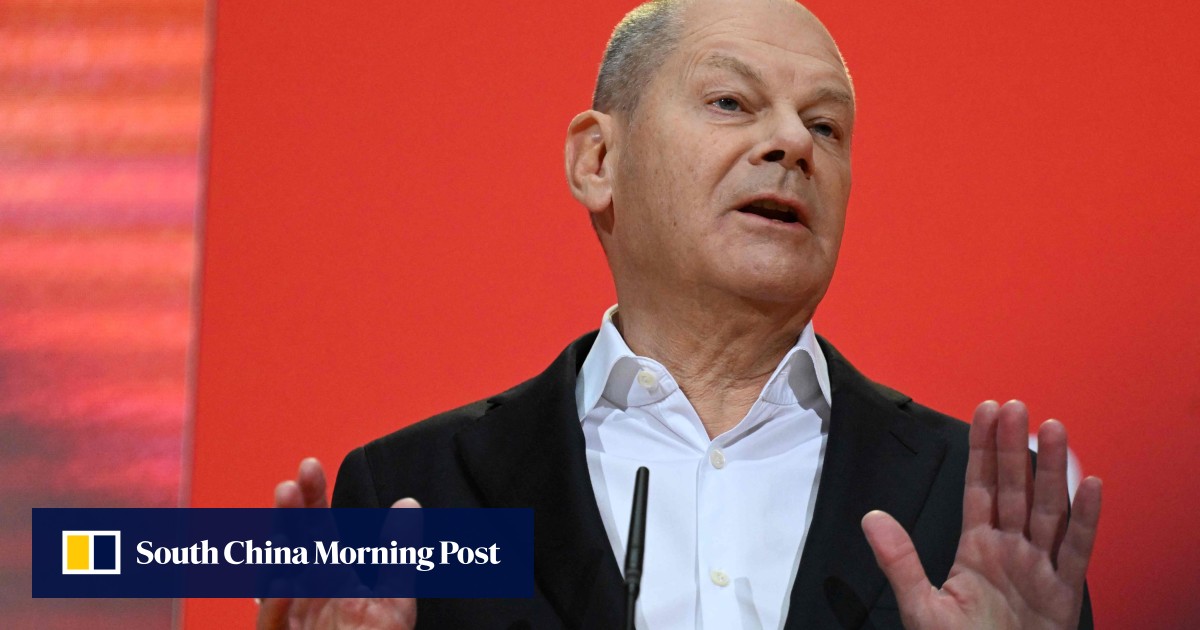US foreign policy is torn between president-elect Donald Trump’s transactional nationalism and the establishment’s fixation with global primacy. To achieve a more inclusive and equitable world order, the Global South must strategically counterbalance these contrasting American tendencies.
This year, Malaysia will chair the Association of Southeast Asian Nations (Asean), under the theme of “inclusivity and sustainability”. The new year also marks Malaysia’s entry into the Brics grouping as a partner country, alongside Belarus, Bolivia, Indonesia, Kazakhstan, Cuba, Thailand, Uganda and Uzbekistan.
Malaysia is also scheduled to host the Asean-Gulf Cooperation Council summit with a notable invitation extended to Chinese President Xi Jinping. These developments underscore a broader movement – the Global South’s continued pursuit of a more representative and just global order and an alternative to the prevailing Western-centric international framework.
Meanwhile, even before his inauguration, the prospect of Trump 2.0 has already sent shock waves across the globe. True to form, Trump remains unpredictable, delivering a flurry of mixed messages.
He has threatened retaliation against any Brics-led efforts to undermine the US dollar, extended an invitation to Xi to attend his inauguration and suggested that the US and China can solve all the world’s problems together. However, Trump’s deal-making track record, exemplified by the Hanoi summit with North Korean leader Kim Jong-un, has largely failed to produce substantive outcomes.
Though unpredictable, one constant about Trump is his staunchly nationalistic world view. He perceives US global commitments as detrimental to American interests and believes that to “Make America Great Again”, the US must scale back its involvement in alliances. Indeed, Trump has shown little interest in upholding or defending the US-led international order.

 By South China Morning Post | Created at 2025-01-03 21:31:28 | Updated at 2025-01-05 19:55:47
1 day ago
By South China Morning Post | Created at 2025-01-03 21:31:28 | Updated at 2025-01-05 19:55:47
1 day ago








